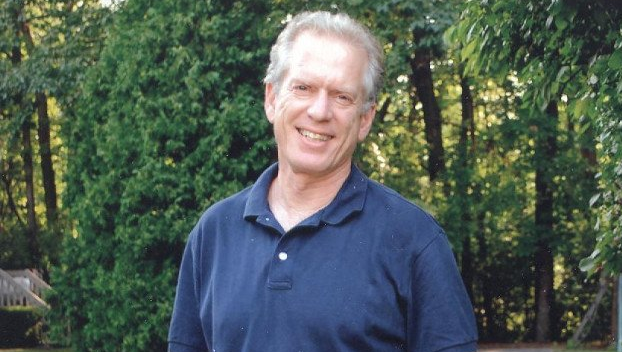A Spotlight on The Mentoring Enhancement Demonstration Project (MEDP)
 by Bobbi Jo Ortiz, LCSW, CEO & Annette Baumann, Big Brothers Big Sisters El Paso
by Bobbi Jo Ortiz, LCSW, CEO & Annette Baumann, Big Brothers Big Sisters El Paso
A repost from National Mentoring Resource Center
Project Name: Northward Bound Mentoring Enhancement
Project Agencies/Programs Involved: Big Brothers Big Sisters (BBBS) of Lubbock, BBBS of Las Cruces (now BBBS Mountain Region)
Why did you decide to get involved in the MEDP project? What motivated you to take on this effort?
We chose to get involved in this project to enhance services to Hispanic at-risk youth. We were excited about the opportunity to collaborate with two other BBBS agency to identify program enhancement that would benefit mentee in our region. We felt the enhancements would strengthen the relationships between the mentor and mentees. Additionally, we felt that by implementing the enhancements each the Agencies, would strengthen their relationships with both the families and mentors. Furthermore, we felt the enhancements would be particularly relevant in preventing delinquency within the Hispanic population.
Please describe how you approached the idea of teaching and advocacy in your program. How did you all determine the enhancements you were going to implement?
We hosted a collaborative retreat with each agency staff on this project to determine the needs of the mentors and families. We surveyed the mentors and families to determine which training enhancements would most benefit them. At the retreat, we identified 12 of the training topics to implement over the course of the grant. We hosted what we called “Advance Mentor as Advocate Trainings” (Advance MAT) at each site. The trainings followed a very specific format which included a pre and posttest and an advocacy teaching component. Enhanced match plans were created to be administered at the time of match, and would assist in determining the needs of the child and the goals of the match. During each Advance MAT training, the match plan was reviewed by the mentor to determine how the training could be applied to the child’s needs and match goals.
In addition to the Advance MAT we hosted MAT 101 trainings. These trainings were designed to build the understanding of the enhanced advocacy and teaching roles of the Intervention group Mentors. This was a supplement to the agencies current pre-match training that all mentors were required to complete.
We also hosted 18 Match Strengthen Activities. These activities include a description of careers in the field, lessons on the venue, how youth could aspire to become part of this field and focus on career learning. These activities helped reinforced the mentor/mentee bond and helped youth develop a stronger self-identity. For example, an outing was planned at a local amusement park. The participants would receive a “behind the scenes” tour where they would be taught about role of electrical, mechanical and structural engineers who built rollercoasters. They would learn about career opportunities in the engineering field and what type of education was needed. They would then get to enjoy the park with their mentor as a match strengthen activity.
We also hosted a monthly support group for Enhanced Mentors called “Amigo Matters.” These offered the Intervention Mentors a consistent chance to connect and share experiences, learn from each other and get in person feedback for the Intervention Specialist and their peers.
What new or enhanced practices were most effective in your opinion? Were there some ideas that worked better than others?
All of the enhancements, expect for the Amigo Matters, were hugely successfully and impactful. We struggled to get consistent and meaningful participation in the Amigo Matters. We are still doing all of the enhancements, including the Amigo Matters, but have lowered the expectation of the number of participants. We are not able to do all of the enhancements at the same level. This project helped us realize that in order to maintain the enhancements at the most effect level, extra financial support is needed. That would allow case managers to carry a reduced case load and assist in the thoughtful planning and executing of the enhancements.
What didn’t work so well, or needs more refinement? What might you tell other programs to avoid when thinking about making similar enhancements to their programs?
I think programs need to be realistic in the time commitment needed to fulfill the enhancements. They need to ensure they have or can train staff thoroughly and have enough funding to have reduced caseloads. They need staff who are passionate and qualified to carry out the enhancements. What was it like participating in a rigorous federal research project like this? Any advice for other programs who might be participating in evaluations like this? It was very educational and inspiring. It pushed us to think outside the box and engage in self-evaluation. Having the support and guidance of the researchers was extremely valuable. The partnership collaborations help develop many best practices and share lessons learned. It was a significant commitment which required dedicated and qualified staff.
For the original article, please click here.









